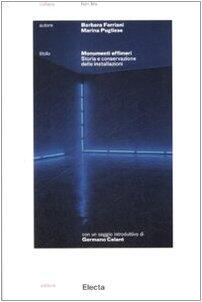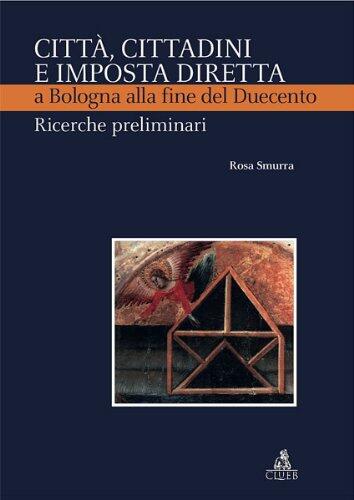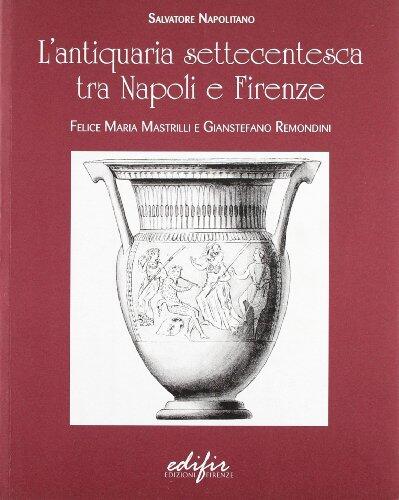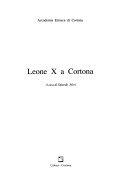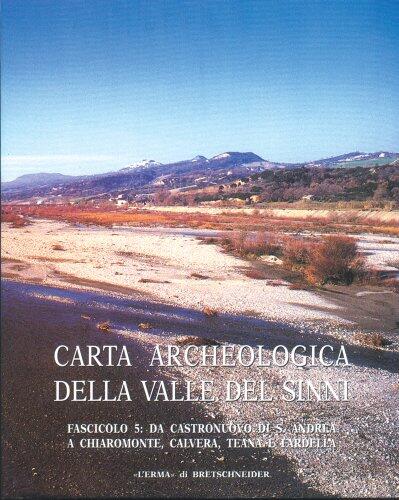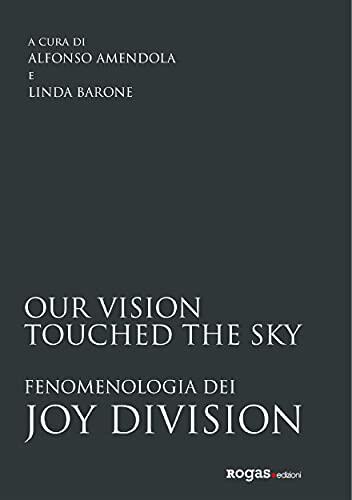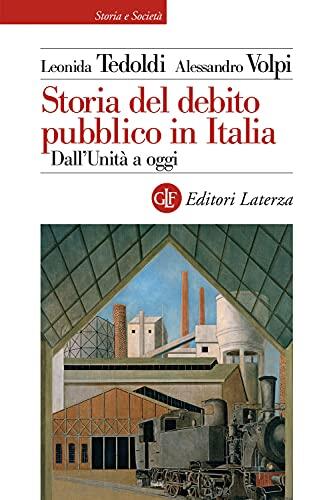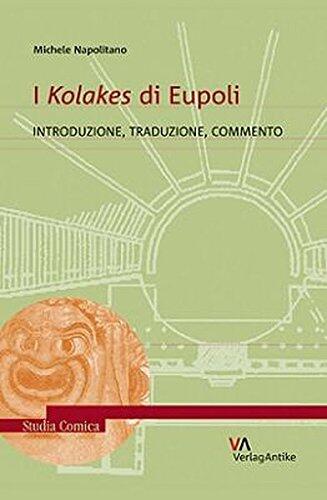
I Kolakes di Eupoli: Introduzione, traduzione, commento
Language: Italian
Format: Hardcover
ISBN 10: 3938032502
ISBN 13: 9783938032503
Publication date:
July 31st, 2012
Publisher: Verlag-Antike
Pages: 342
Genres: History, Humor
Michele Napolitano delves into the rich tapestry of ancient Greek comedy with an insightful examination of "I Kolakes di Eupoli." This work offers readers a thorough introduction to the text, revealing its historical context and literary significance within the genre. As the readers turn the pages, they are guided through a detailed translation that makes the nuances of Eupolis’ language accessible, bridging the gap between ancient and modern audiences.
Napolitano's commentary elucidates the themes and characters, providing a deeper understanding of the societal norms and political commentary woven into the narrative. He skillfully analyzes the interplay of humor and critique, highlighting how Eupolis used comedy as a lens to reflect and challenge the realities of his time. Each chapter appears thoughtfully constructed, encouraging a holistic grasp of the comedic techniques employed.
The work serves not only as an academic resource but also as an invitation for enthusiasts of classical literature to engage more fully with Greek comedic traditions. It promises to enrich the reader's appreciation for the playful yet profound nature of Eupolis’ contributions to the theatrical landscape, making it a valuable addition to the study of comic literature. Through Napolitano’s comprehensive analysis, the timelessness of these ancient performances comes to life, resonating with contemporary audiences while preserving the essence of its original intent.
Napolitano's commentary elucidates the themes and characters, providing a deeper understanding of the societal norms and political commentary woven into the narrative. He skillfully analyzes the interplay of humor and critique, highlighting how Eupolis used comedy as a lens to reflect and challenge the realities of his time. Each chapter appears thoughtfully constructed, encouraging a holistic grasp of the comedic techniques employed.
The work serves not only as an academic resource but also as an invitation for enthusiasts of classical literature to engage more fully with Greek comedic traditions. It promises to enrich the reader's appreciation for the playful yet profound nature of Eupolis’ contributions to the theatrical landscape, making it a valuable addition to the study of comic literature. Through Napolitano’s comprehensive analysis, the timelessness of these ancient performances comes to life, resonating with contemporary audiences while preserving the essence of its original intent.

